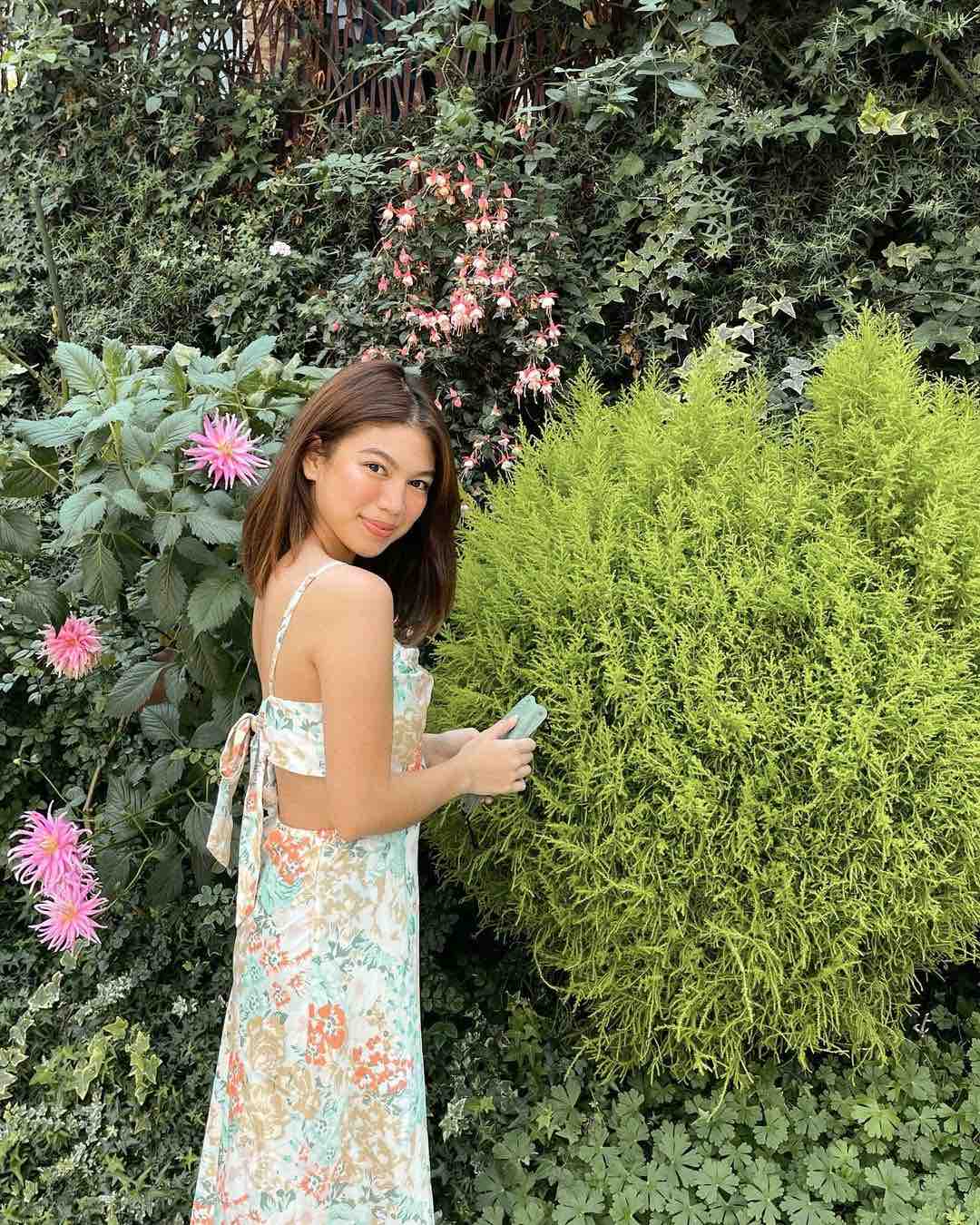Why 'loving my imperfections' made accepting my body difficult
"Ang payat payat mo na, Janina! Ang ganda mo na!"
I remember arriving at one family gathering and being greeted with those words. I’m sure that tita meant well, and how couldn’t she if she so excitedly wanted to tell me she found me beautiful? The instinct is to smile sheepishly and to say “Thank you po!”—maybe even to feel a little bit flattered.
But what I only recently realized is how such “praises” could take their toll, that every time I thanked somebody for equating my beauty to my "thinness," I dug myself into a deeper hole: a ditch of a false belief that if one thing was beautiful, to stray further from it was to be less beautiful.

On my years-long journey to self-love and body positivity, there were those who would tell me to "love your imperfections" and "flaunt your flaws." I have always struggled to fully embrace these ideas, let alone embody them. The contradiction of being proud of something the world considered a "mistake" made it nearly impossible for me to pursue this kind of confidence. How could I love something that I had been conditioned to believe was inherently "ugly"? How was I supposed to believe that my "flaws" were to be celebrated and showcased?
That internal conflict greatly influenced my ability to fully accept and appreciate my own body. It started when I began to reshape my perspective by posing crucial questions: Am I truly “defective,” or am I simply human? Are these flaws, or are they just my natural features? And am I beautiful in spite of them, or with them?
Why is it that not conforming to the unrealistic beauty standards set by the plastic, manufactured Barbie dolls we grew up with automatically labels us as "flawed"? Why is it that not resembling the perfectly photoshopped actresses and supermodels is suddenly unpleasant? Why does the world lambast us for not adjusting, for aging naturally, for letting the stretch marks show, or for allowing our inner thighs to touch?
Now, this is not to say that models and celebrities are not beautiful—they certainly are. But so are mothers, college students, nurses, and saleswomen. Beauty is not an absolute standard. Just because someone finds a particular feature beautiful does not mean that its opposite counterpart is not. Each feature possesses its own unique beauty without diminishing the value of other types of features.

What if I stopped applying the "right and wrong" mindset to my body? What if I started seeing my body as just that—my body—and not something to be dissected and judged as aesthetically correct or incorrect? What if I took the time to ask myself “Who told me this was not beautiful? Who gets to decide that my body is not enough?”
It may be society that determines what we perceive as negative or beautiful physical qualities. But let us not forget that we are also part of it, and that because we belong to society, we can play a part in how we see our own assets, how we see our own beauty.
Maybe it starts by asking ourselves the crucial “whys” and questioning the ideas about our bodies and how we’ve called them truths. Maybe it can begin when we don’t say "thank you" to those who think they have done us a favor by commenting on our bodies. Or perhaps even better, maybe it begins by making someone’s physical appearance the least interesting thing about them.


